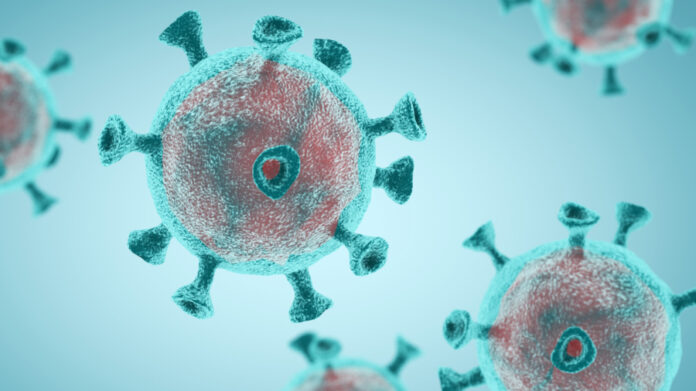Posted:
/ Updated:

TAMPA, Fla. (WFLA) -More than five million Americans have been diagnosed with coronavirus as researchers rush to approve a vaccine, but until then a new study shows six clinical markers that could increase coronavirus mortality risk.
Using clinical research about the medical history of coronavirus patients, Health Testing Centers narrowed down some key indicators that may continue to impact susceptibility to coronavirus effects.

Research from the past eight months suggests that those at risk of developing a clinical vitamin D deficiency will have a more difficult time neutralizing coronavirus:
- People with darker skin pigmentations
- Elderly
- Individuals with a BMI over 25
- People with liver or kidney disease
- Patients taking certain pharmaceutical drugs like anti-seizure medications and HIV/AIDS therapeutics

Diabetes patients are also at a higher-risk of coronavirus mortality, because of how uncontrolled sugar intake can impair immune function.
Emerging data about coronavirus and uncontrolled blood sugar levels show that half of COVID-19 patients that require hospitalization are hyperglycemic,
Using an A1C test, blood sugar concentrations can be assessed by medical professionals can measure glucose levels, which may relate to COVID-19 risk.
More and more researchers are also recognizing zinc as one of the most reliable predictors of COVID-19 mortality among infected patients, according to the study.
As many as 25% of the American population may suffer from a zinc deficiency, which serves against pathogens.
“Zinc is believed to primarily aid the immune response by halting viral replication, cutting off the viral infection’s spread at the source,” the study says.
Medical professionals have stressed the importance of keeping a healthy immune system to help ward off coronavirus or fight it if you’re diagnosed with it.
In May, Dr. Tanuja Sharma of Tampa General Hospital told 8 On Your Side that aside from keeping up with your current medical conditions, exercise, nutrition, sleep, and stress reduction can help with boosting immunity.
“We know people who have really strong, robust immune systems don’t get too affected by this virus.”
LATEST ON THE CORONAVIRUS PANDEMIC:














